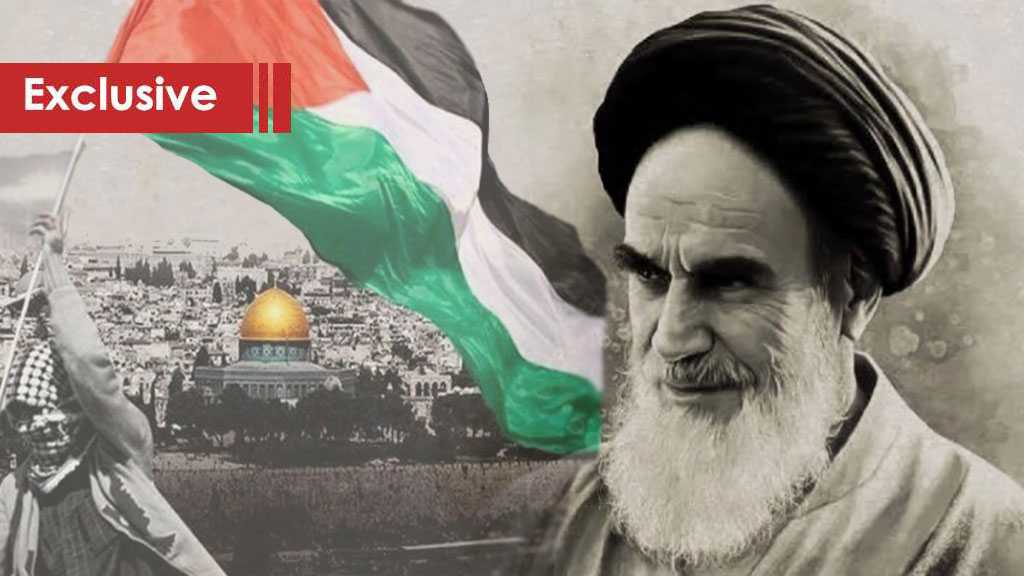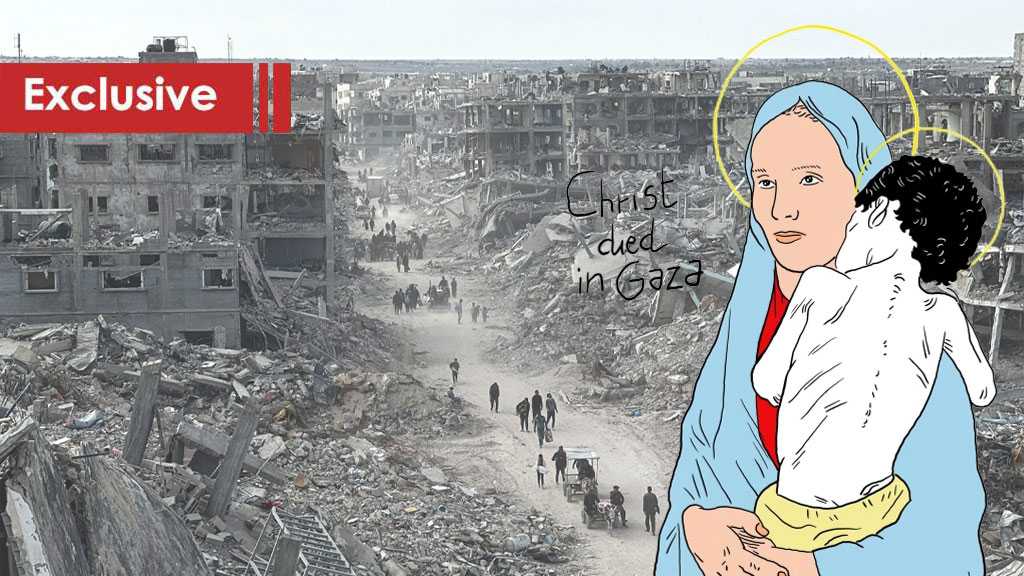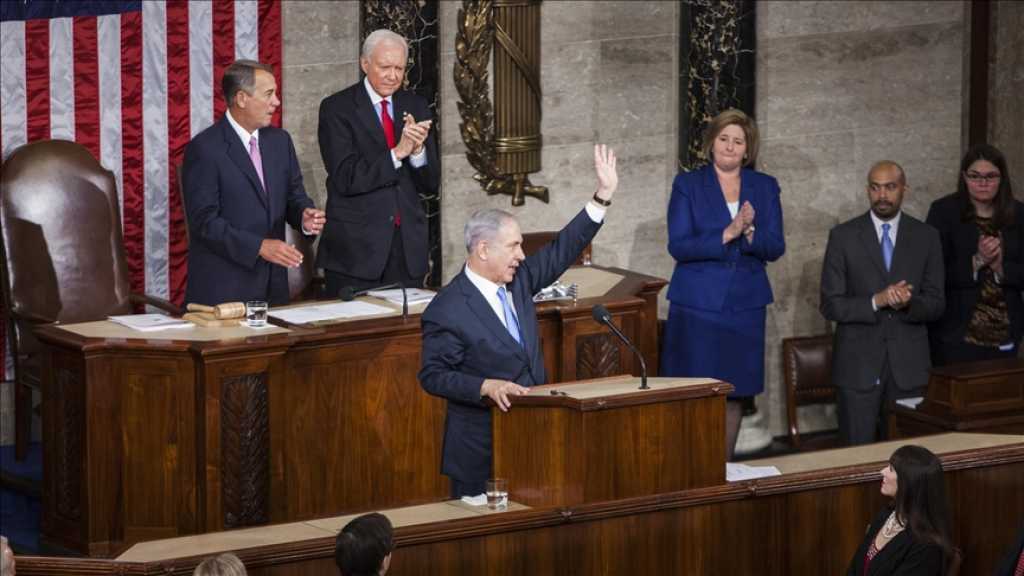Imam Ruhollah Khomeini’s Vision for International Relations: Justice and Resistance

By Mohamad Hammoud
Lebanon – Imam Ruhollah Khomeini, the founder of the Islamic Republic of Iran, was a profound philosopher-theologian who introduced a radically different vision for international relations. Rejecting dominant Western paradigms of power politics and secular realism, he proposed a moral and spiritual framework rooted in Shia Islam. His philosophy, expressed in speeches and post-1979 revolution policies, aimed to establish justice, oppose oppression, and promote a more ethical global order. It emphasized resistance against tyranny, support for the oppressed [Mustadh'afin], and strong opposition to imperialism and Zionism.
Core Principles of International Relations the Doctrine of "Neither East nor West"
At the heart of Imam Khomeini's foreign policy doctrine was the principle of "Neither East nor West, Islamic Republic." This slogan encapsulated his rejection of aligning Iran with either the capitalist bloc led by the United States or the communist bloc led by the Soviet Union during the Cold War. For Imam Khomeini, both superpowers represented forms of imperialism and exploitation that contradicted Islamic values of independence and justice. He argued that the Muslim Ummah [community] should be liberated from Western domination and materialism, asserting that international relations should be based on justice, independence and resistance against arrogance [istikbar] rather than national interests or military power.
Self-Reliance and Active Resistance
Imam Khomeini advocated for a foreign policy grounded in self-reliance, non-alignment, and active resistance against all forms of foreign domination—political, economic, or cultural. This principle aimed to safeguard Iran's sovereignty, enabling it to pursue an independent path guided by Islamic tenets, free from external pressures and interventions.
Solidarity with the Oppressed [Mustadh'afin]
Furthermore, Imam Khomeini's philosophy emphasized solidarity with oppressed nations and liberation movements globally. He perceived the existing global order as inherently unjust, with powerful nations exploiting weaker ones. His call to support the Mustadh'afin [the oppressed or disinherited] against the Mustakbirin [the oppressors or arrogant powers] became a cornerstone of Iran's foreign policy. This commitment extended beyond the Muslim world to any nation or people struggling against colonialism, neo-colonialism, or oppressive regimes. He believed that genuine global peace and justice could only be achieved when the oppressed rose against their oppressors and established independent, just systems.
A Vision for a Just Global Order: Islamic Governance and Social Justice
Imam Khomeini's vision for a better world was deeply intertwined with his understanding of Islamic governance and social justice. He believed a just and equitable global order could only emerge from societies founded on divine laws and spiritual values rather than purely materialistic or secular ideologies. His concept of Wilayat al-Faqih, or Guardianship of the Jurist, suggests that a qualified Islamic jurist should govern to ensure laws align with Islamic principles. This model was intended not just for Iran but also for other Muslim societies pursuing independence and justice.
The Call for Islamic Unity
Khomeini consistently advocated for Islamic unity as essential for a just world. He called for cooperation among Islamic sects and nations, believing external powers exploited their divisions. He envisioned a unified Islamic front as a potent force against global hegemony and a champion for the rights of Muslims and oppressed peoples. His philosophy emphasized spiritual awakening, moral integrity, and collective action as key to transforming the world from power politics to justice and compassion.
States as Moral Entities
For Imam Khomeini, states were not merely sovereign actors but moral entities with responsibilities toward God and the oppressed. He believed that silence in the face of injustice made one complicit. Therefore, he urged Islamic governments and peoples to confront tyranny, whether as a domestic dictatorship or foreign occupation. His interpretation of Islamic duty left no room for neutrality when dealing with colonialism or Zionism.
Stance on Palestine and "Israel"
Perhaps no issue more starkly defined Imam Khomeini's international outlook than his unwavering stance on Palestine and "Israel." He viewed the establishment of "Israel" as an illegitimate occupation of Muslim lands and a direct consequence of Western imperialistic designs in the Middle East. For Imam Khomeini, "Israel" was not merely a political entity but a "cancerous growth" in the heart of the Islamic world, designed to sow discord and prevent the unity and progress of Muslim nations. He consistently referred to it as the "Zionist regime" or the "occupying regime," refusing to acknowledge its legitimacy.
Unconditional Support for Palestinian Resistance
"[Imam] Khomeini's support for the Palestinian cause was absolute. A key action was his call for the liberation of all Palestinian territories, including Al-Quds [“Jerusalem”], which he considered a sacred Islamic city. Furthermore, he declared the last Friday of Ramadan as Quds Day, urging Muslims worldwide to express solidarity with the Palestinian people and protest against the Israeli occupation. The importance of armed resistance against the Israeli regime was also emphasized, viewing it as a religious and moral duty. From his perspective, negotiations with "Israel" were futile, and only sustained resistance could lead to the restoration of Palestinian rights. This powerful position has remained a central pillar of Iran's foreign policy since the revolution.
Conclusion
Imam Khomeini's revolutionary ideas transformed Iran from a monarchy allied with the West into an Islamic Republic. While often perceived as confrontational by Western powers, his foreign policy was internally consistent with his broader philosophical framework of anti-imperialism, support for the oppressed, and the pursuit of Islamic justice. His emphasis on spiritual values over material gain and his belief in the inherent strength of a united Muslim Ummah provided a distinct alternative to his time's dominant international relations theories. His legacy continues to shape not only Iran's engagement with the world but also the broader discourse on resistance, self-determination, and the role of religion in international affairs.




